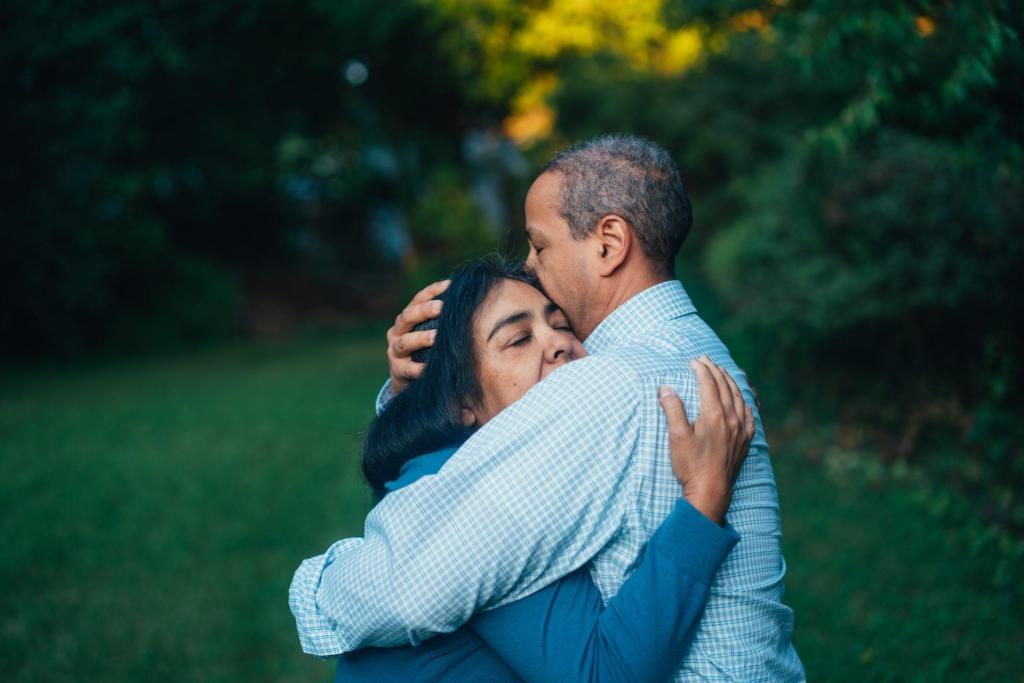Improve Relationships Over the Holidays

5 Ways to Improve Relationships Over the Holidays
Holidays can be divisive, and if you celebrate winter holidays that many people in the US celebrate, this can be a tough time on our egos, confidence, and relationships.
Just last week, a friend of mine told me that her teenaged son decided to bring up a political and military conflict in another country while everyone was having a Thanksgiving meal (the US holiday). He brought it up with a grandparent that had very clear difference of opinion.
It is this scenario that does the opposite to improve relationships over the holidays, but there are ways you can forge better connections with others during the holidays while families are near.

Accept Others As They Are
This blog, in particular, is all about self love, confidence, and happiness. When you look at others, it is best for you if you assume positive and see them as people who are also looking for happiness. They just might not be doing it the same way you do.
When you are with others, understand that they have a right to be in all the spaces you are in. Nothing will calm another person down as quickly as letting them know: “Hey, we might not think or see things the same, but I respect your right to be who you are.”
Imagine if others said that to you, wouldn’t it feel so accepting? I do this by recognizing the inner child in everyone looking for approval and love. It helps me answer challenges that other put to me in a way that honors the humanity in others.
Approach Situations With Curiosity
Sometimes, the people we love only really get a chance to be around each other during the holidays. What can then happen is that they try to put as much of themselves out there as possible in a short amount of time. They do this so others can see the things that are important to them, but egos can really start to clash.
Slow this down with curiosity. When someone you love, who you might not see a lot, seems to be acting over the top or “doing the most,” ask them questions. Say things like:
- Can you help me understand _(someone’s action or an event)_____?
- Tell me more about what you mean with that.
- Can you give me some background about why you feel that way?
- Here’s how I am seeing _(the situation)__ what do you think?
We have a download here where you can also learn to paraphrase while being curious.
Remember, the conversation is not about winning, it is about connecting and understanding.

Come to Agreements
While listening to others around the holidays, you might find that things need to move forward. If you have taken time to listen to someone else and feel that they have listened to you, make some agreements so that you both can understand each other better.
Relationships can sometimes need negotiating. In the example of my friend’s son bringing up politics with grandpa, you can ask for an agreement from your son. You can say something like, I know you are passionate about the political climate right now, but could you hold off on these conversations during the holiday meal? If your son agrees, you can kindly hold him to that agreement later.
Or how about you want help cleaning up after the meal. Gather the family together ahead of time and let them know you’d like them to help you clean up after. Ask them to agree and they will usually be willing to stick to the agreement.
Agreements have a way of shifting our behaviors so we align to what we promise.
Maintain Loving Boundaries
All of the above strategies to improve your relationships over the holidays give you the opportunity to hold true to your loving boundaries. If you are unsure of your boundaries, we have a Boundary Booklet you can download just to the left of this article.
Overall, your boundaries communicate a trust for others. They are more than just a psychological wall you build to keep yourself safe. You use your boundaries to let others know that they can run their own lives. It is okay for you to stand beside them, but you will not live their lives for them.
During the holidays, boundaries are more necessary than ever. They will help you have curios conversations without taking on something that is not yours. These boundaries will also help you hold others to the agreements they have made while also allowing you to accept when people might not be able to live up to those agreements.

Notice the Best
Overall, take time to notice the best in all of the people around you.
It is easy to get overwhelmed during the holidays and see where people are falling short. Instead, do a quick mindset shift and notice where people are trying and how others bring good energy to a space. Then comment on it. Let others know that you are noticing what is positive about them.
Comment on their strength and the effort you see them putting in. When they meet an agreement, it doesn’t take anything away from you to let them know you appreciate it. Spread that gratitude and see the light in others.
Dr. Autumn Thomas
Does an anger management program sound like the next step for you? Purchase our program here.
This blog may contain affiliate links.

Sign up for our free Gratitude Program

Get 30 Days of Gratitude sent to your inbox

Get a Free Boundary Workbook to Download























